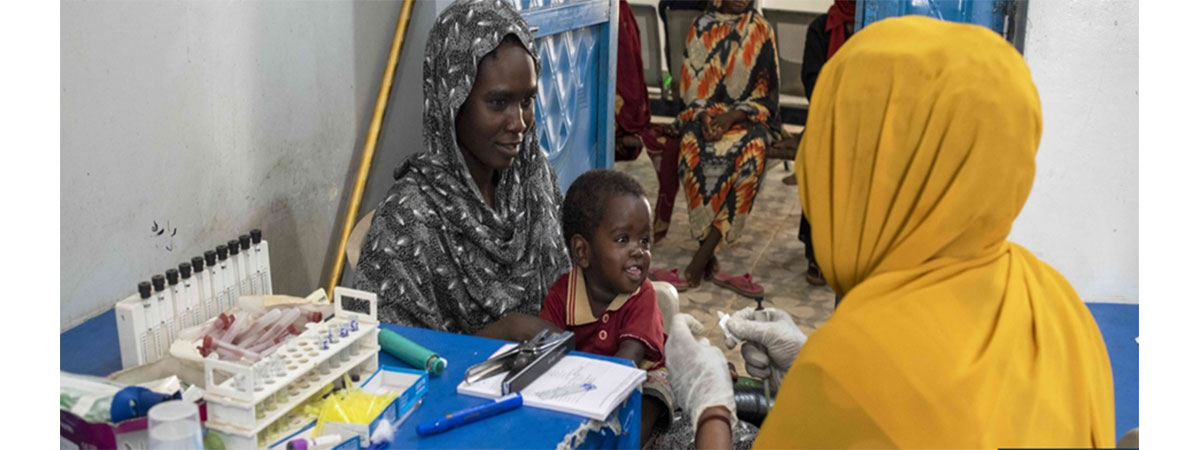Governments Deprioritizing Health Spending
12 December 2024
As the world recovers from the COVID-19 pandemic, a new World Health Organization (WHO) report highlights a concerning trend in global health spending. The 2024 Global Health Expenditure Report shows that government health spending declined in 2022 across all income groups, reversing the pandemic-era increase. This shift presents a challenge for Universal Health Coverage (UHC)—the goal of providing access to necessary health services without financial hardship.
On Universal Health Coverage Day (December 12), WHO called for greater financial protection, especially in low- and middle-income countries, where 4.5 billion people still lack access to essential services. Additionally, 2 billion people globally face financial strain due to out-of-pocket healthcare costs.
The WHO report reveals that in 30 low- and lower-middle-income countries, out-of-pocket spending is the primary source of health financing, with more than half of total health spending coming from patients in 20 of these nations. This reliance on direct payments exacerbates poverty. In high-income countries, out-of-pocket spending in over a third of nations exceeds 20% of total health spending, further straining disadvantaged households.
The World Patients Alliance (WPA) supports WHO’s call for global leaders to prioritize UHC and remove financial barriers to essential healthcare. We advocate for policies that prevent people from choosing between their health and financial security, urging governments to invest in equitable public health systems.
Key actions for financial protection include:
Eliminating user charges for low-income individuals and those with chronic conditions.
Legislation to shield people from financial hardship due to health expenses.
Public health financing to ensure coverage for all, from health promotion to palliative care.
The pandemic underscored the importance of public health investments. Governments that prioritized public health were able to manage the crisis effectively, saving lives. We must ensure this lesson is applied as we confront future health challenges.
WHO’s initiatives, such as the UHC Partnership, are critical in advancing global health financing. At a 2024 meeting in Lyon, over 125 countries discussed strategies for UHC. The WPA commends these efforts and urges governments to honor their commitments, ensuring that all individuals, regardless of income, can access healthcare without financial ruin.
As patients, we urge bold action to make UHC an immediate reality. Together, we can create a world where financial hardship is never an obstacle to care for, we all need to thrive.


